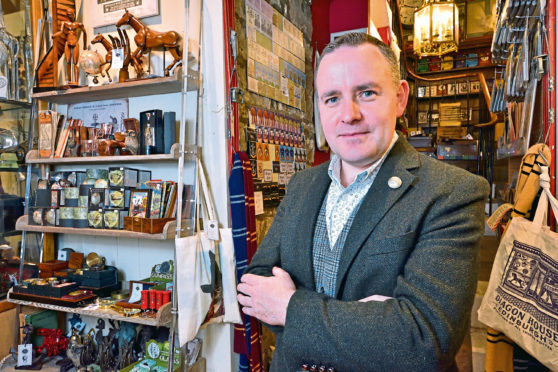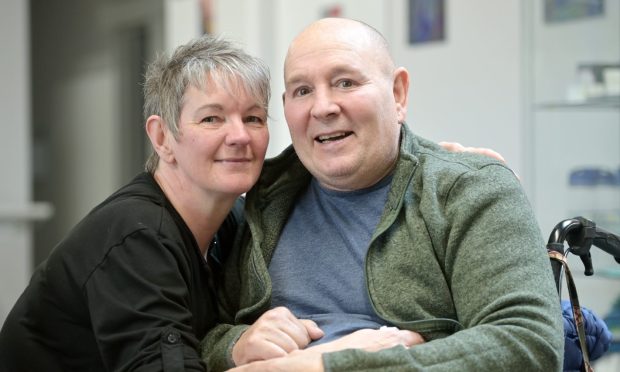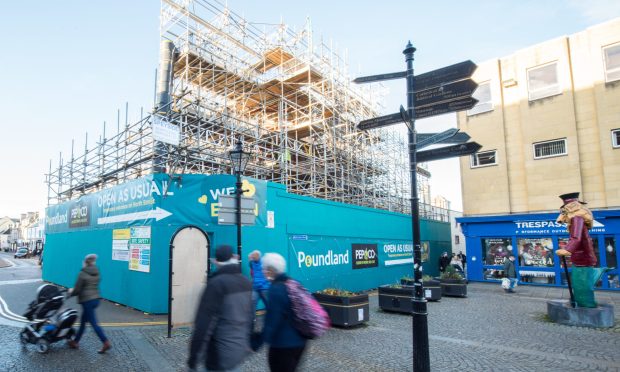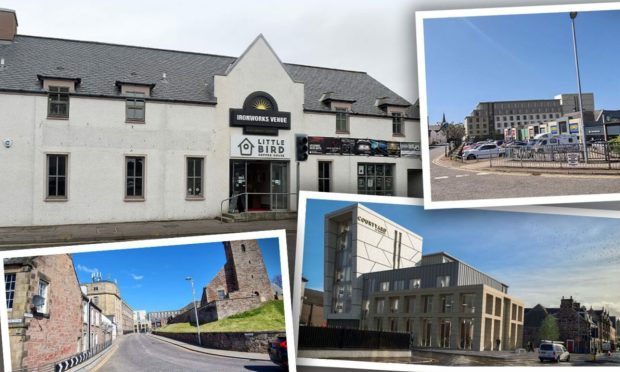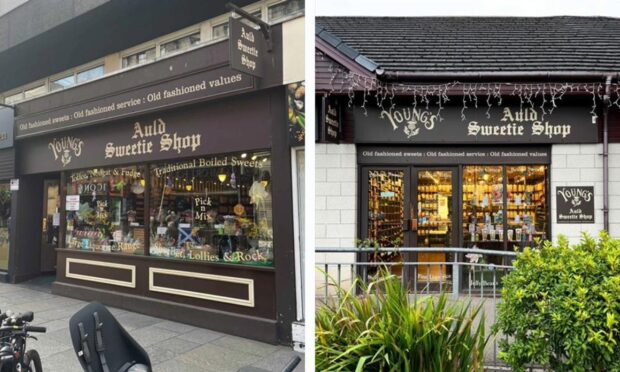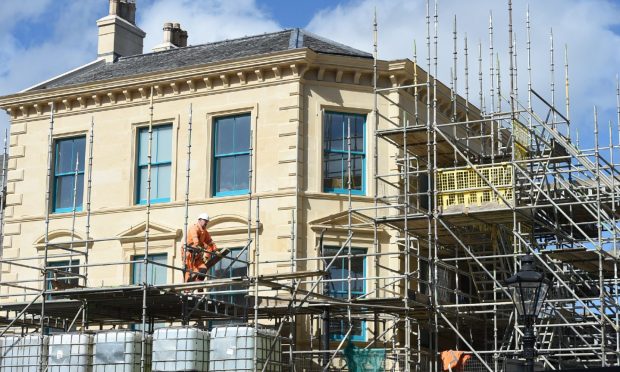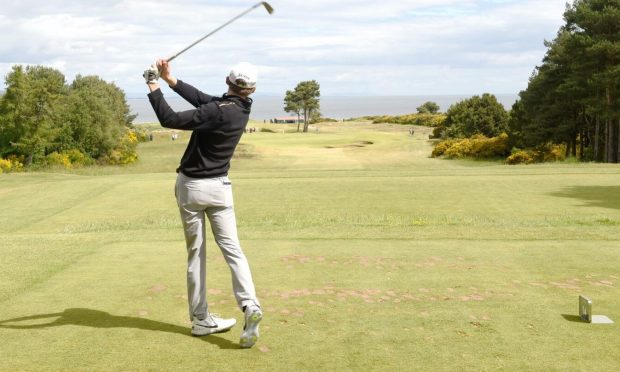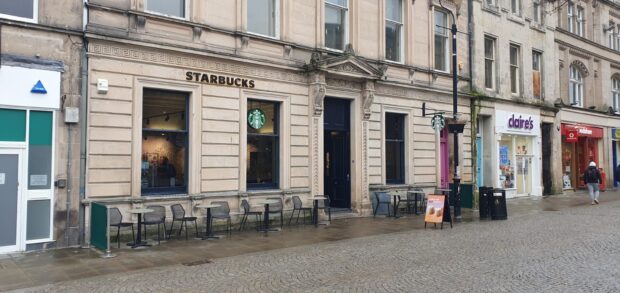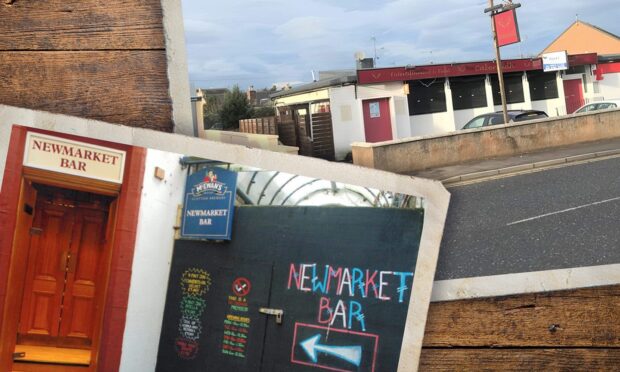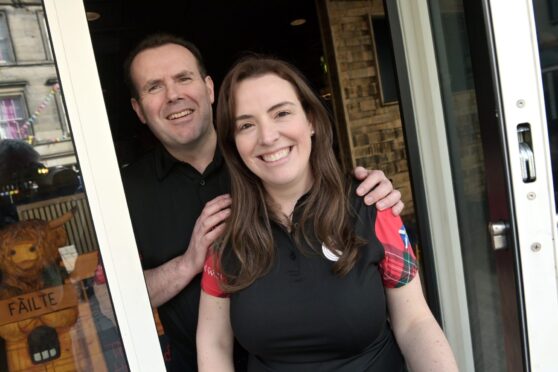Calls have been made for the Scottish Government to do more to back rural economies following the release of data which shows there’s a far higher rate of start-ups in urban areas.
New analysis by the Federation of Small Businesses (FSB) shows start-up rates are significantly lower in rural Scotland than in the country’s cities.
Between 2010 and 2017, the number of registered companies in Scotland’s urban areas rose from 108,145 to 125,545 – an increase of 16%.
However over the same period, enterprises in Scotland’s rural areas only rose from 48,225 to 52,270 – an increase of just 8% .
Since 2011 the population of rural Scotland has grown at a slightly faster rate than the country’s urban areas.
As a result the FSB has made a submission to the Scottish Government’s National Council of Rural Advisers, to argue that boosting local firms and rural business start-up rates should be a key priority for ministers.
Andrew McRae, FSB’s Scotland policy chairman, said: “Since the start of this decade, we’ve seen the number of registered Scottish rural firms increase at about half the rate of our cities.
“This trend should give all of us pause for thought. Smaller businesses are at the heart of local communities and economies. Without a diverse mix of local businesses, driven by a healthy business start-up rate, rural areas will face sluggish growth and struggle to retain and attract working age people.”
FSB highlights that rural Scottish small-to-medium sized businesses generate around £15bn in turnover while sustaining more than two thirds of rural private sector jobs.
Mr McRae added: “In many parts of Scotland, smaller businesses are the local economy. Therefore, if we want to develop resilient local economies, then we need to focus on helping our smaller firms thrive. That means ensuring smaller businesses get a fair share of public contracts. It means asking our enterprise support agencies to think local first.”
Figures from Audit Scotland show a third of Scotland’s local roads are in unacceptable condition, with this figure even higher in rural council areas. Figures from Ofcom also show almost a third (31%) of Scotland’s landmass continues to have no access to 4G services compared to just 3% of the landmass of England and Northern Ireland.
Mr McRae said: “By improving transport and digital infrastructure, our rural areas can become more attractive to business start-ups, as well as families and tourists.”
A Scottish Government spokesperson said: “We know remote and rural areas are much more likely to have businesses with 10 or fewer employees. These deliver significant economic and social benefits and will be an important focus for us as we work in partnership with the FSB, and others, to encourage and support businesses meet the challenges our rural economy and communities face.”
